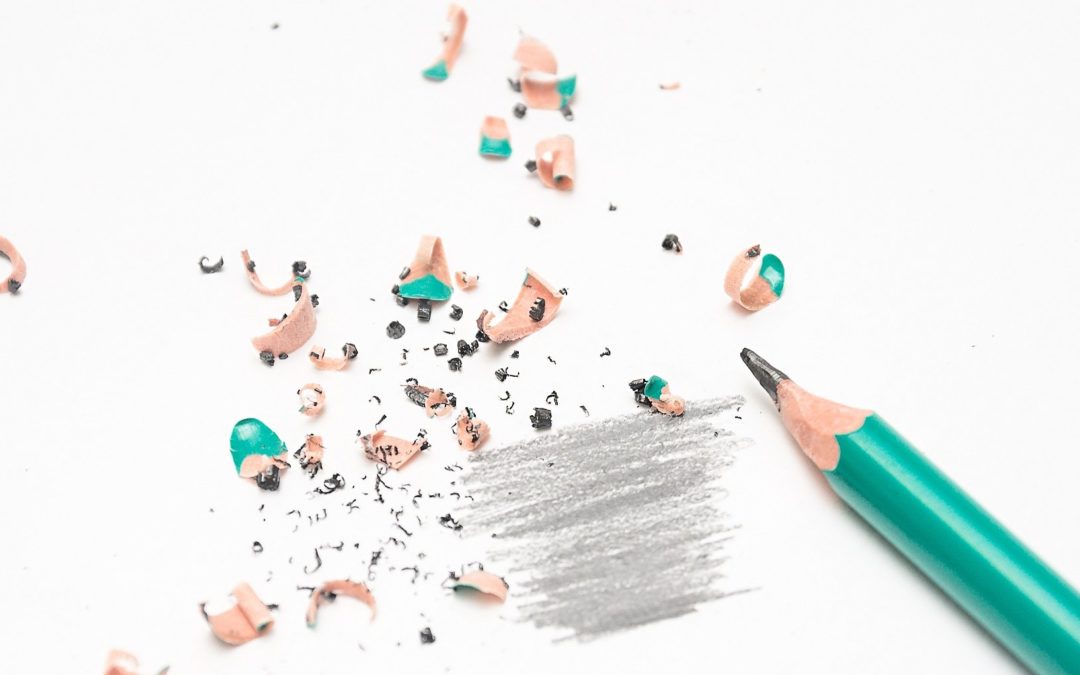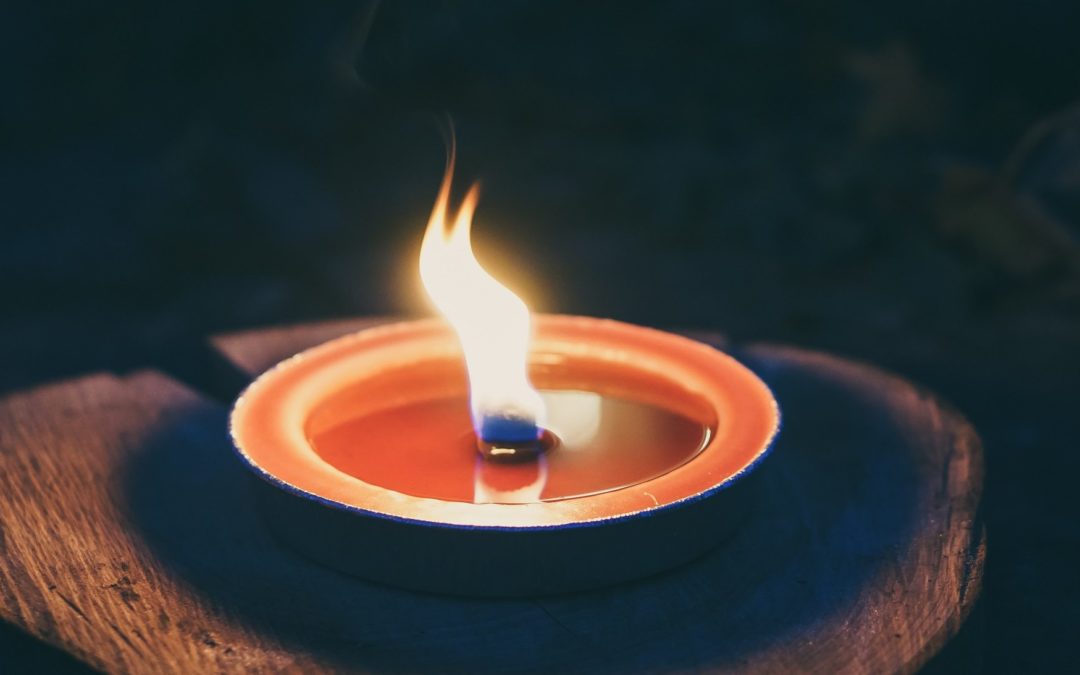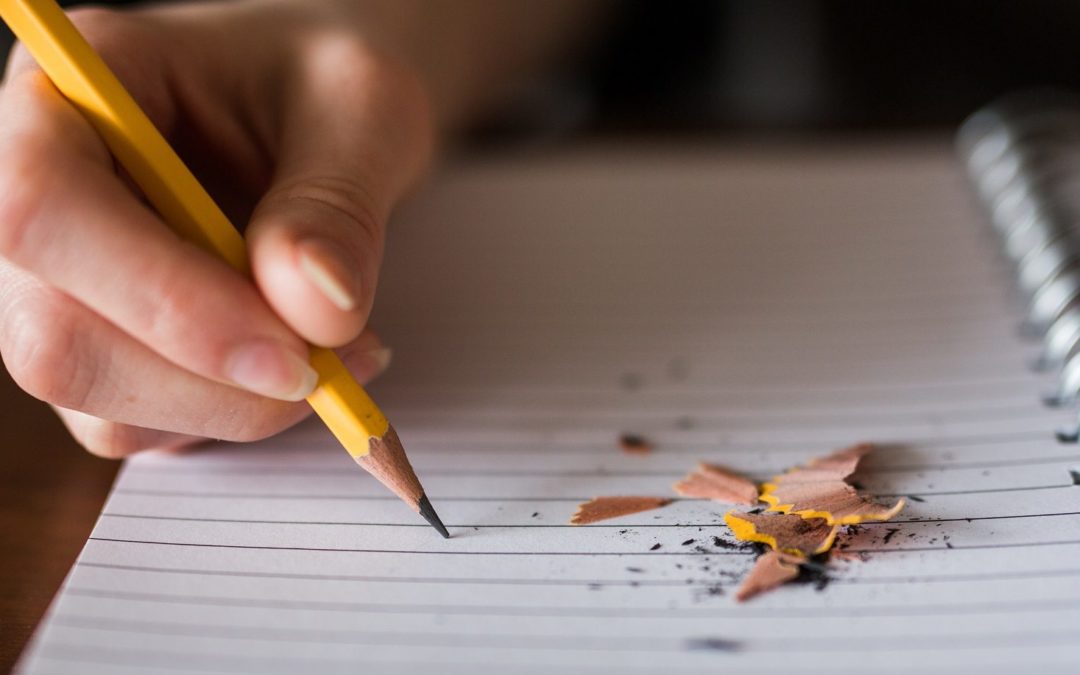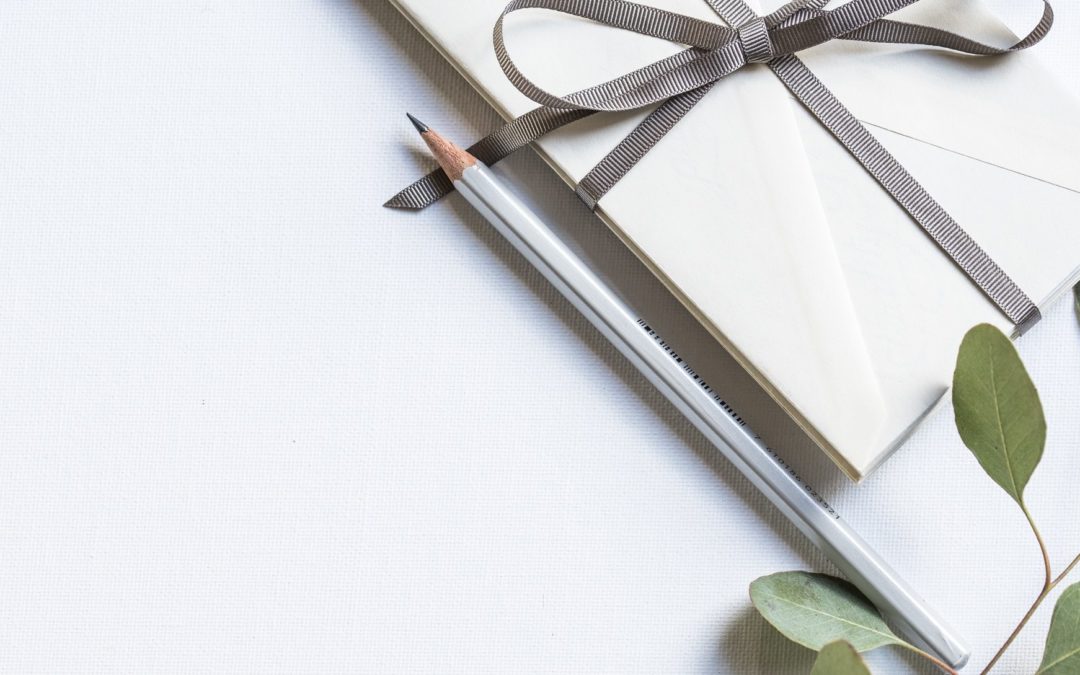
How to Salvage Your Writing from the Crematorium of Cliche
How to Salvage Your Writing from the Crematorium of Cliche
Aspiring writers sometimes ask me, ‘How can I write like you?’
The answer is, ‘You don’t want to write like me, you want to write like you. You want to find your writing voice, and that will be nothing like mine.’
But I get what people are really asking me. They’re asking me, ‘How can I write better than I write now?’
Here’s a littletrick: don’t write in cliché. Writing is limp and flavourless when it’s unoriginal. We have to consciously undermine our tendencies to write boring, wilting sentences. How? By feeling into paradox.
As soon as we feel ourselves slumping into easy stereotypes of ‘happy marriages’ and ‘broken hearts,’ that’s when we need to turn an experience over on its belly and investigate where it gets more interesting.
The engine of story is conflict. The meaning of things is revealed at the edges, not the soft centre.
Write about how love co-exists alongside grief; how envy creeps into friendship. Explore the revulsion that emerges in lust or the boredom that shows up in intimacy. Feel into the ambivalence in motherhood and the relief in death.
As writers it’s our job to work with these beautiful unruly tendrils that show up in experience. To write what is true and hard and real, we have to examine what we feel, remember, see and touch without judgement, to find out what it is like for us, and what meaning we make from it. Without the texture we bring to that exploration, our writing will just be same-old, same-old.
The 7 Day Writing Challenge
WINGS: Words Inspire, Nourish and Grow the Spirit
Don’t be afraid to invert. Writers must be brave in facing what is hidden. Our work is to bring light into shadow and shadow into light, to unsettle the obvious and startle the story.
Here’s a little table for you to practice exploring paradox. Have fun writing into the strangeness of these opposites:
BITTER SWEET
QUIET ROAR
ELEGANT WRECK
SAINTLY PERVERT
CREEPY GENTLEMAN
SINKING HOPE
ENLIGHTENED GRIEF
GUTLESS WARRIOR
NEUROTIC MINDFULNESS
SELFISH GENEROSITY
PRECIOUS DUST
DELICATE STRENGTH
WISHFUL SPITE
EAGER INDOLENCE
PERFECT MISTAKE
REVERED CRIMINAL
SPECTACULAR ORDINARINESS
SURPRISING DULLNESS
UNKNOWN CELEBRITY
PRECISE ELUSIVENESS
BROKEN BEAUTY
COMPOSED WILDNESS
WICKED BENEVOLENCE
INDIFFERENT CURIOSITY





